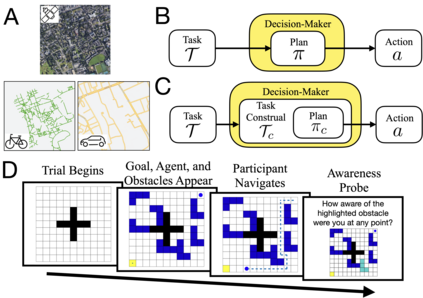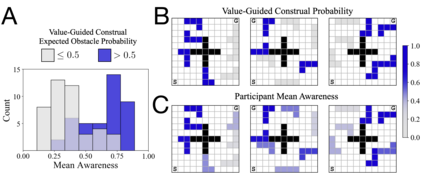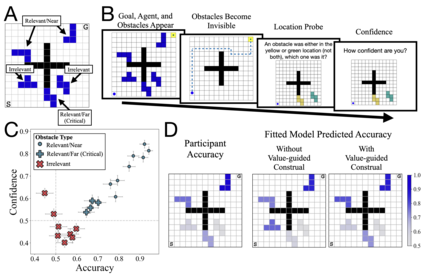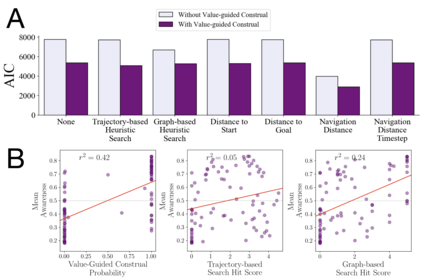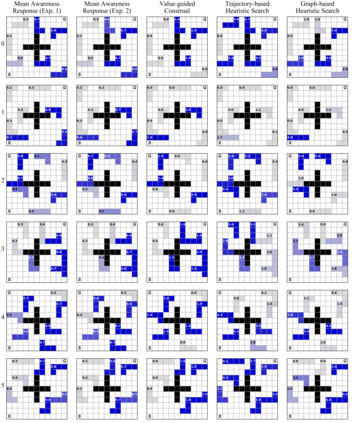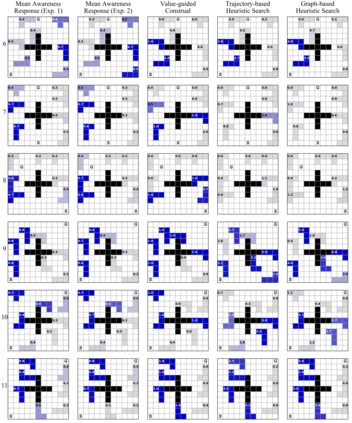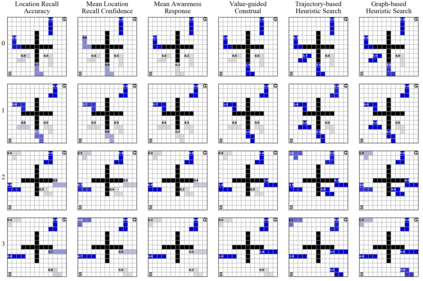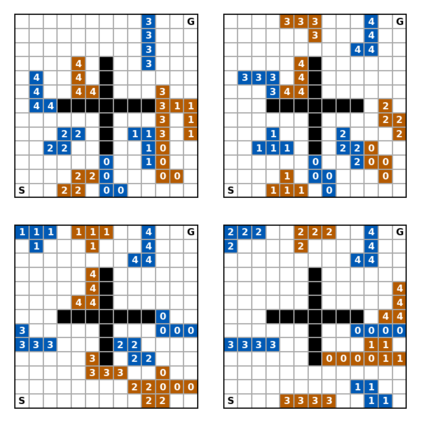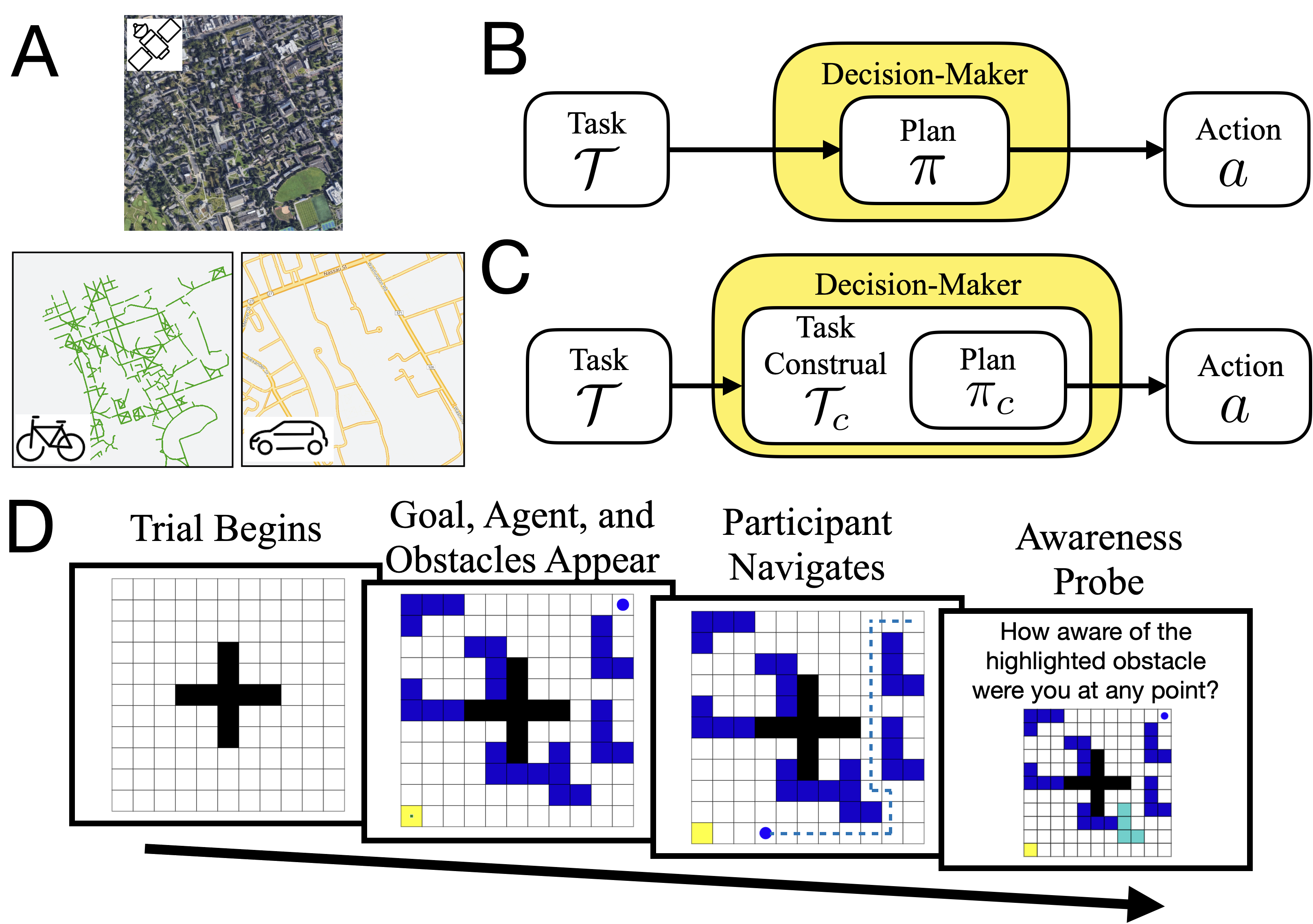One of the most striking features of human cognition is the capacity to plan. Two aspects of human planning stand out: its efficiency, even in complex environments, and its flexibility, even in changing environments. Efficiency is especially impressive because directly computing an optimal plan is intractable, even for modestly complex tasks, and yet people successfully solve myriad everyday problems despite limited cognitive resources. Standard accounts in psychology, economics, and artificial intelligence have suggested this is because people have a mental representation of a task and then use heuristics to plan in that representation. However, this approach generally assumes that mental representations are fixed. Here, we propose that mental representations can be controlled and that this provides opportunities to adaptively simplify problems so they can be more easily reasoned about -- a process we refer to as construal. We construct a formal model of this process and, in a series of large, pre-registered behavioral experiments, show both that construal is subject to online cognitive control and that people form value-guided construals that optimally balance the complexity of a representation and its utility for planning and acting. These results demonstrate how strategically perceiving and conceiving problems facilitates the effective use of limited cognitive resources.
翻译:人类认知的最显著特征之一是规划能力。人类规划的两个方面突出:它的效率,即使在复杂的环境中,以及它的灵活性,即使是在变化的环境中。效率特别令人印象深刻,因为直接计算最佳计划是难以解决的,即使只是微小的复杂任务,尽管认知资源有限,人们还是成功地解决了无数日常问题。心理学、经济学和人工智能方面的标准账户表明,这是因为人们对一项任务有精神上的描述,然后用惯性来规划。然而,这种方法一般假定心理表现是固定的。在这里,我们提议可以控制精神表现,这为适应性简化问题提供了机会,这样他们可以更容易地解释 -- -- 我们称之为解释性的过程。我们为这一过程构建了一个正式的模式,在一系列大规模、预先注册的行为实验中,我们表明这种构思是在线认知控制的对象,人们形成有价值指导的构思,最适当地平衡了代表性的复杂性及其在规划和行动中的效用。这些结果表明,如何从战略上认识和概念上理解问题,能够促进有限认知资源的有效利用。

